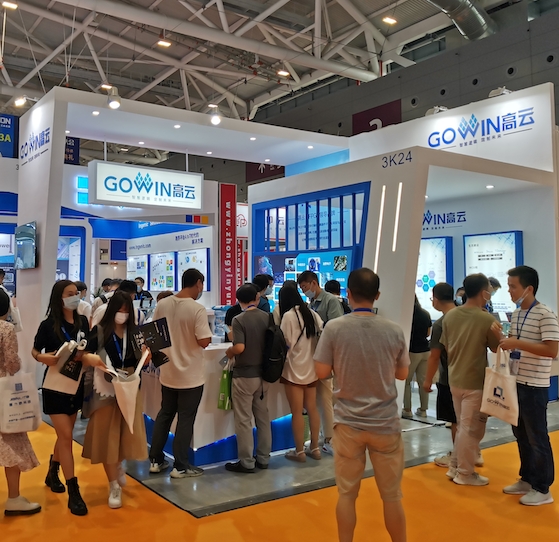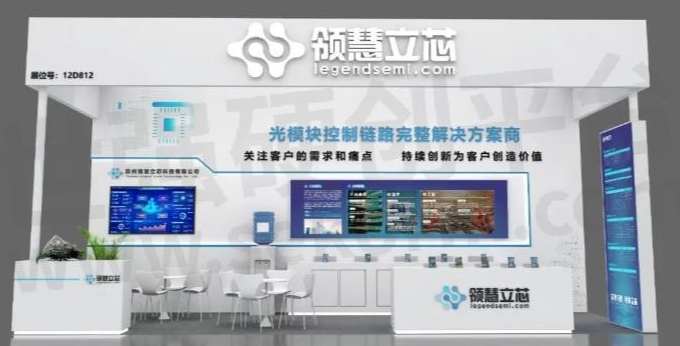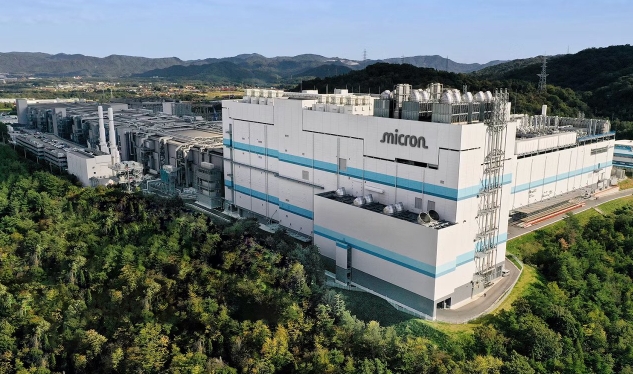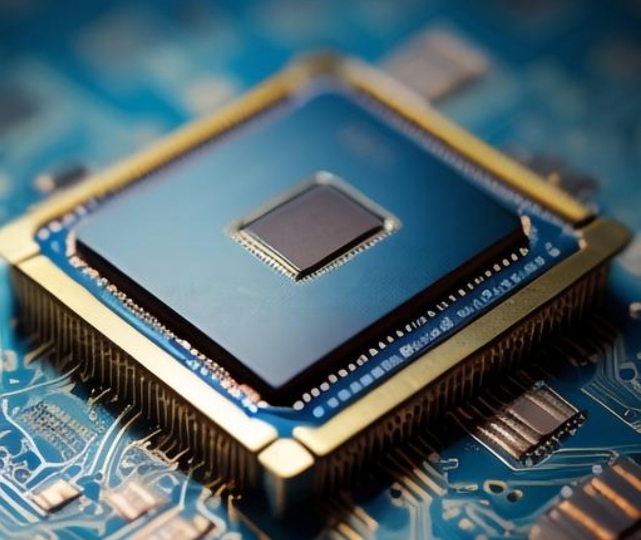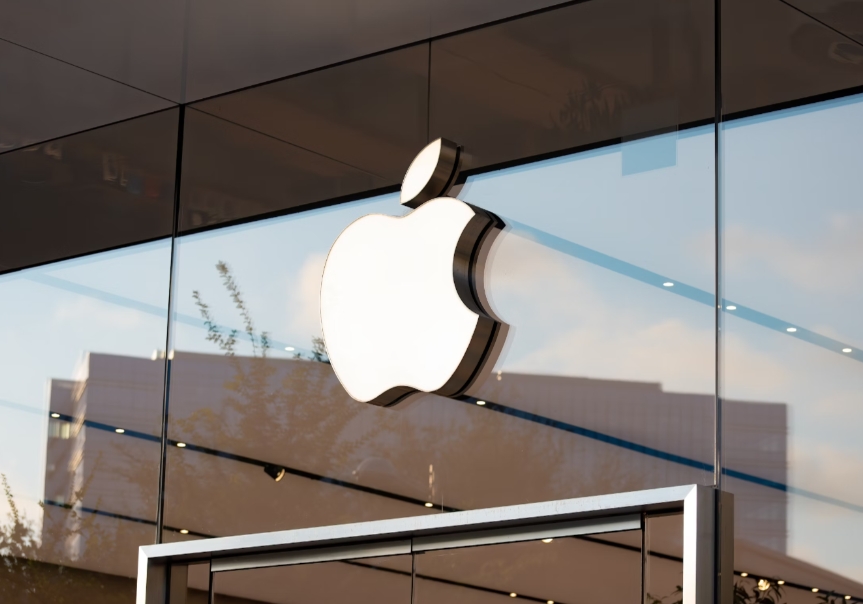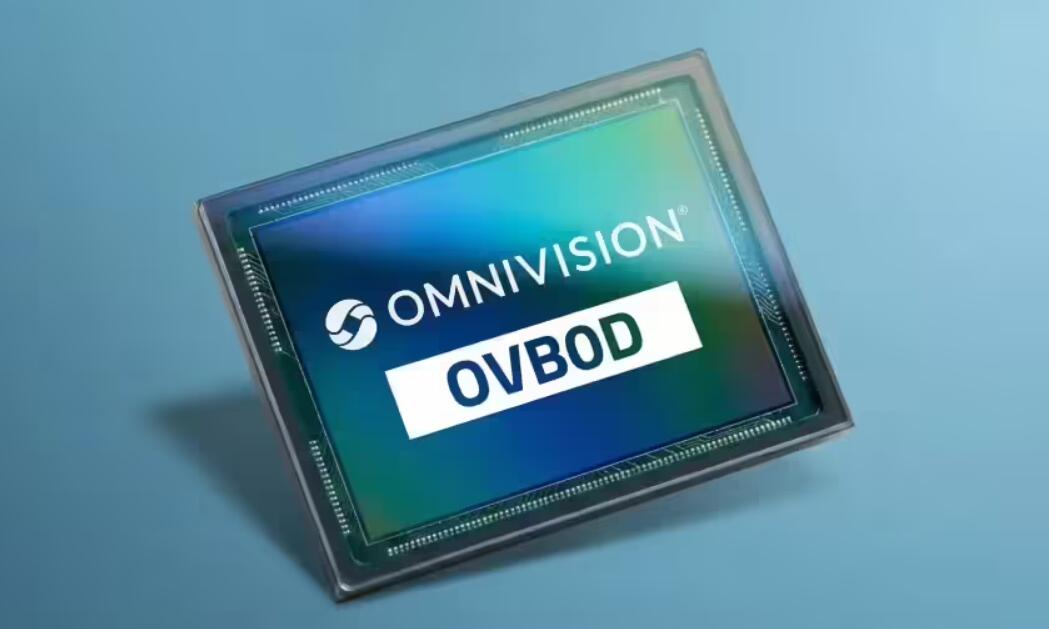Apple is expanding its self-developed chip lineup—from core SoCs to peripherals—toward full autonomy, with TSMC’s advanced processes as a key driver. Supply chain sources say next year’s high-end iPhone 18 will first use Apple’s self-developed C2 modem chip, paired with the TSMC 2nm-based A20; MacBook M6 and Vision Pro R2 chips may also adopt 2nm.
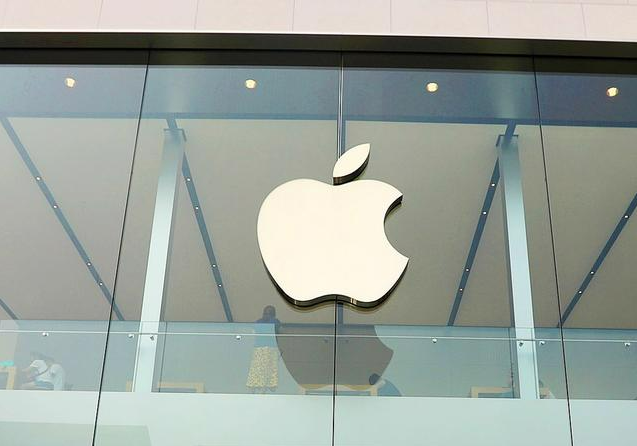
Analysts note major brands now use core chip control to boost product differentiation and ecosystem connectivity. Advanced processes are key to Apple’s chip performance gains, and the A20 will also feature WMCM advanced packaging. Insiders add self-developed chips help Apple maintain high profits, cut external supplier reliance, build an independent chip ecosystem, and use vertical integration to control performance, power, and costs.
Taiwanese (China) suppliers are critical—TSMC, Apple’s top contract manufacturer, sees its advanced process progress directly affect Apple’s product competitiveness. This year, iPhone Air solved multiple chip tech challenges, and TSMC will mostly make the C2 chips for iPhone 18 Pro/Pro Max.
To meet demand, TSMC is ramping up production: 2nm capacity is set to hit 40,000 wafers/month by end-2025 and nearly 100,000 by 2026; WMCM packaging capacity may reach 70,000-80,000 wafers/month by end-2026 (with existing InFO lines upgraded). Semiconductor firms note TSMC’s 2nm uses a GAA transistor structure, with EUV layers on par with 3nm but lower costs, driving strong customer adoption interest.
Institutional investors are bullish on 2nm, expecting faster first-year mass production ramp-up than 3nm. It may bring TSMC double-digit revenue growth in 2026; TSMC’s Q3 earnings are also likely to beat expectations, with exchange rate headwinds gone to lift profitability.
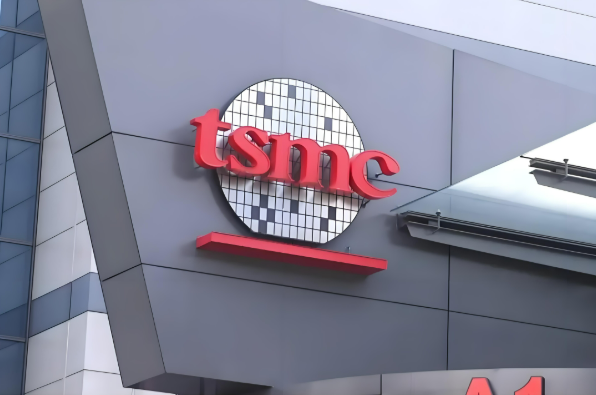
ICgoodFind: Apple and TSMC’s deep collaboration is fueling chip upgrades that will reshape the industry—their upcoming products’ performance warrants close attention.

